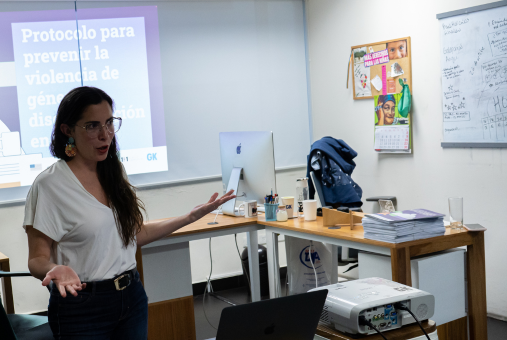
Women and LGBTQ+ people are especially vulnerable to violence in the workspace. To address this problem in newsrooms, the digital news outlet GK and the Rights and Justice Observatory (ODJ, by its Spanish acronym) developed a protocol to prevent gender-based violence in these spaces and make them safer for people who work there.
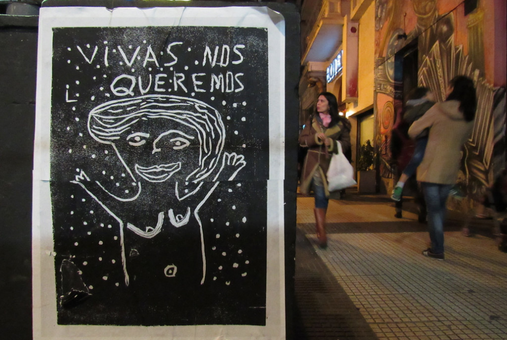
While coverage of femicides focuses on the details of the crimes and presents them as "isolated cases," the majority of the Argentine public wants more focus on preventing gender-based violence and more empathy for the victims, points out the study "Femicidios en los medios y en la opinión pública" ("Femicides in the media and public opinion").
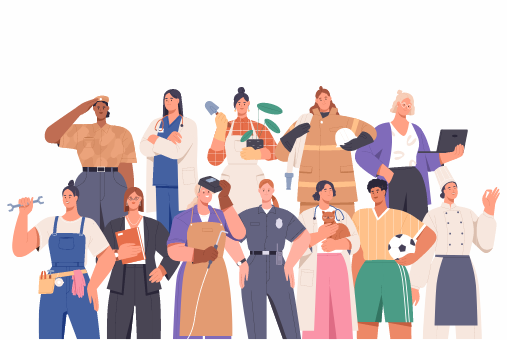
A gender-based approach and intersectionality in news coverage requires a commitment to turn on a switch that changes one’s mentality and makes it something natural and not imposed, said experts in the panel "A gender-based approach and how to achieve intersectional coverage."
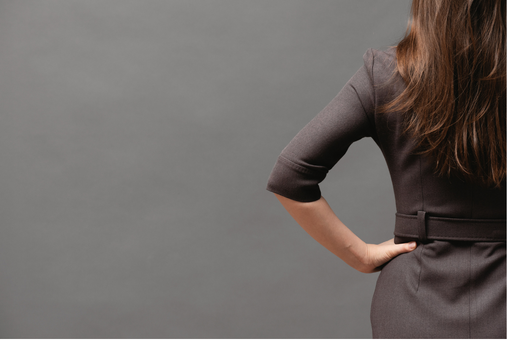
The report “Women and Leadership in the News Media 2023: Evidence from 12 markets” shows that only 22% of senior positions in the media analyzed are held by women. This figure drops considerably in the Latin American market, with only 5% in Mexico and 13% in Brazil.
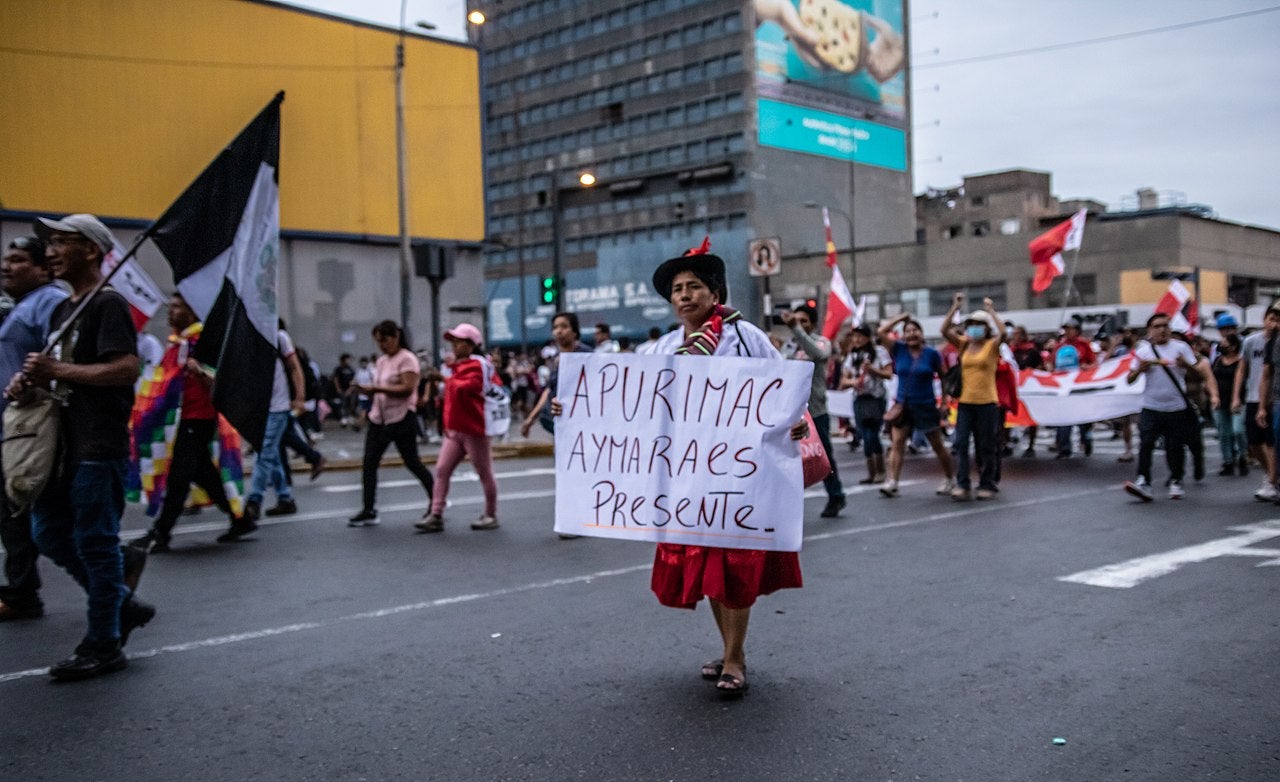
Quechua journalists and scholars denounced the Peruvian mainstream media’s coverage of recent political protests, alleging a lack of representation for Indigenous voices in the news. Quechua doctoral students at the University of Texas hosted a webinar on Feb. 20 featuring Indigenous journalists and scholars from various regions of the country.
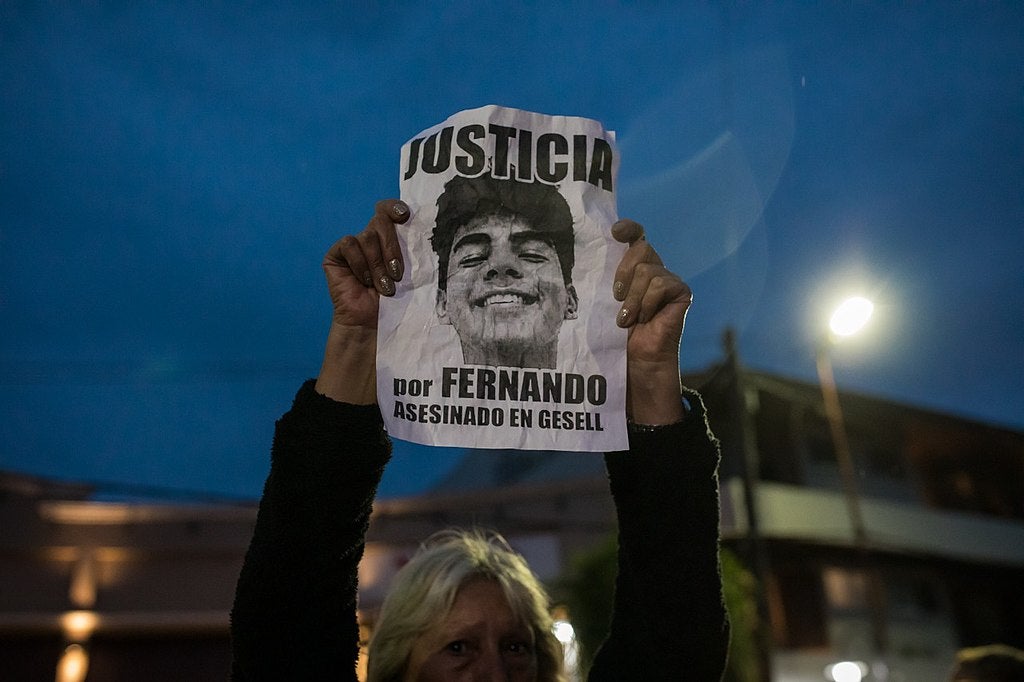
All Argentine media and news outlets covered the criminal trial for the murder of Fernando Baez Sosa, the son of Paraguayan immigrants in Argentina. It was the most shared news of the last few months in this South American country. However, very few media reflected on the racist nature of the crime.

Journalists must find new narratives to cover migration, explore angles beyond crime and tragedy and approach the phenomenon with a human rights focus, said panelists at the third in a series of webinars organized by the Network for Diversity in Latin American Journalism.
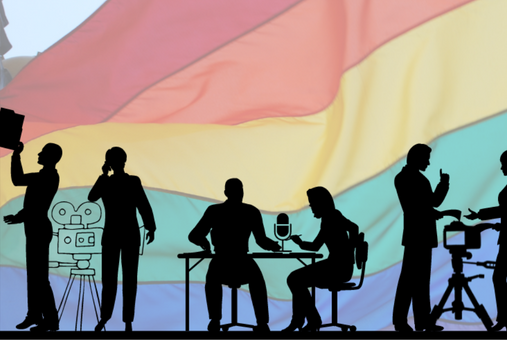
LatAm Journalism Review attended and drew conclusions from "How to include more LGBTQ+ people in newsrooms," the second of four webinars organized by the newly created Network for Diversity in Latin American Journalism. This network seeks to promote diversity in Latin American newsrooms, as well as in the news and content they produce.
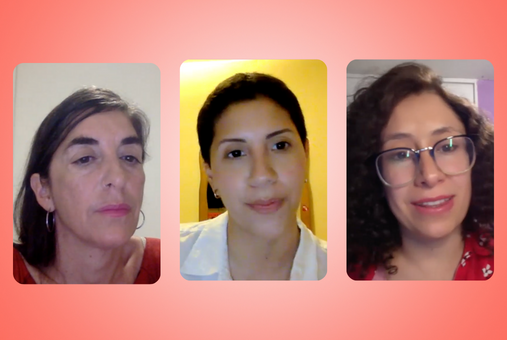
The first webinar held by the newly created Network for Diversity in Latin American Journalism addressed the myths about diversity in journalism and shared lessons on how to overcome them. Journalists Lucia Solis, Ana Acosta, and María Eugenia Ludueña shared reflections and best practices for applying a diversity approach to journalism during a conversation held in Spanish on Jan. 26.
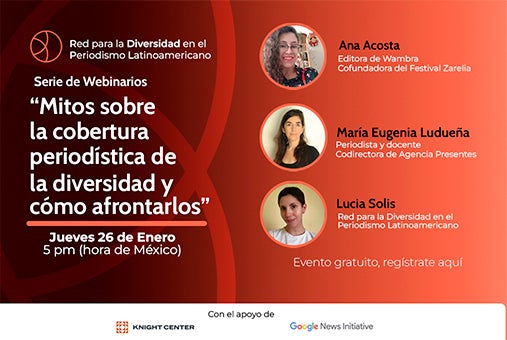
The newly formed Red para la Diversidad en el Periodismo Latinoamericano (Network for Diversity in Latin American Journalism) is hosting a series of four webinars to promote diversity in Latin American newsrooms and the news and content they produce. The first webinar, “Myths about journalistic coverage of diversity and how to deal with them,” will take place on Jan. 26 at 5 p.m. CST.